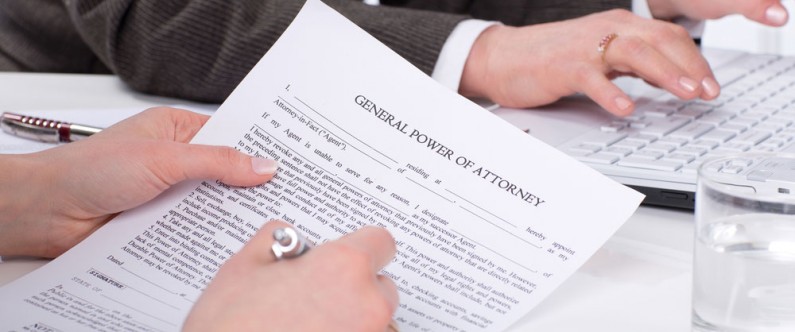
What is a “power of attorney” and why would I need one?
A power of attorney (also called a “POA”) is a legal document in which a person gives authority to another person (or organization) to act as the agent for the person granting that authority. The authority granted can be broad or limited (for example, for a specific transaction).
There are two primary powers of attorney used in the area of Elder Law planning. The first is known as a “Durable Power of Attorney” and that instrument grants another person (or persons) the right to make financial decisions and transactions (such as paying bills and banking transactions) on your behalf if you are unable to do so, due to the fact that you are either unavailable or incapacitated. In order to become effective, this document must be recorded in the Office of the Register of Deeds in the county in which you reside.
The second power of attorney most commonly used is a “Health Care Power of Attorney” and that instrument grants another person the right to make health care decisions on your behalf, if you are unable to do so for yourself. This document does not need to be recorded, but should be signed in the presence of a Notary Public and a copy given to both your primary physician and the person named as your power of attorney.
Other documents which may be useful include a “Living Will” which directs what life-sustaining measures you wish to be taken when you are in a situation in which you are unlikely to recover and a “Hospital Visitation Authorization” which directs the hospital to allow parties to visit with you who may not be immediate biological family members, but who are significant members of your chosen family.
If you have questions about a Power of Attorney or other matter, call our office today to make an appointment.






